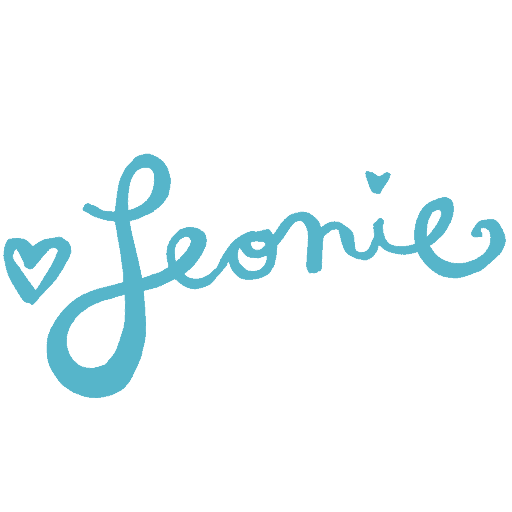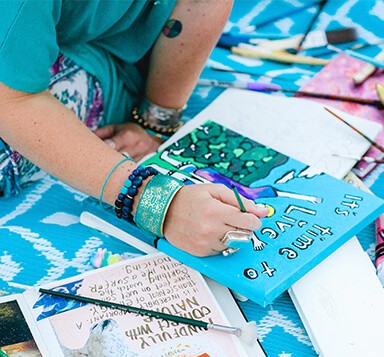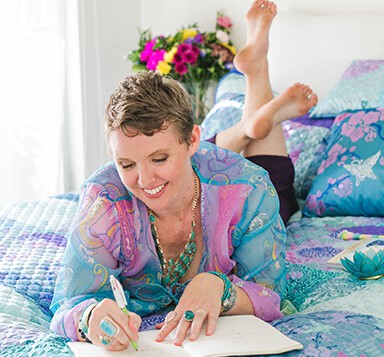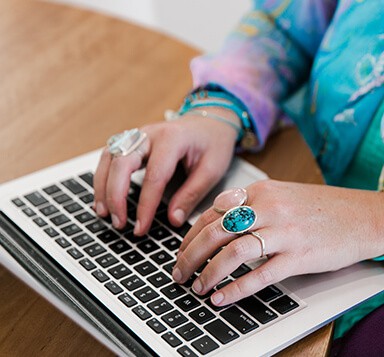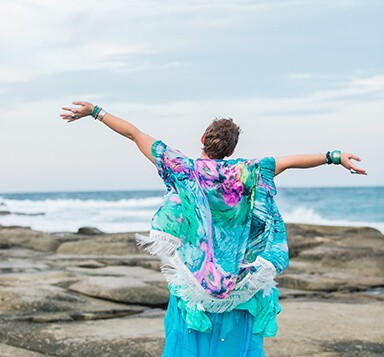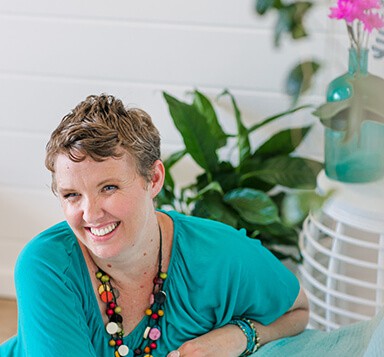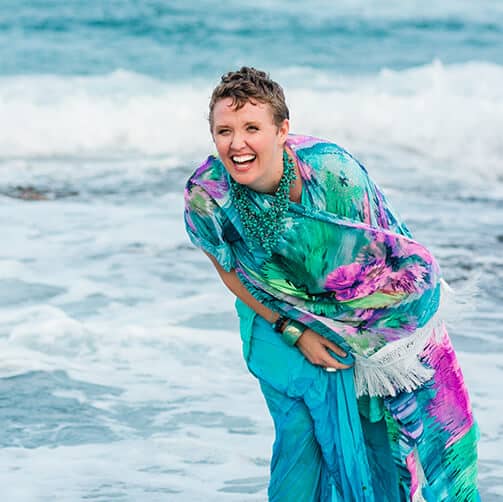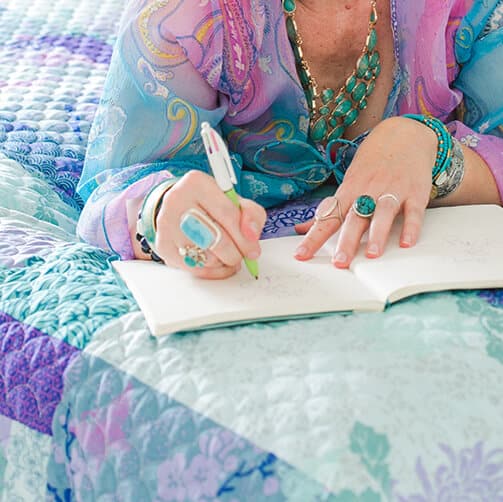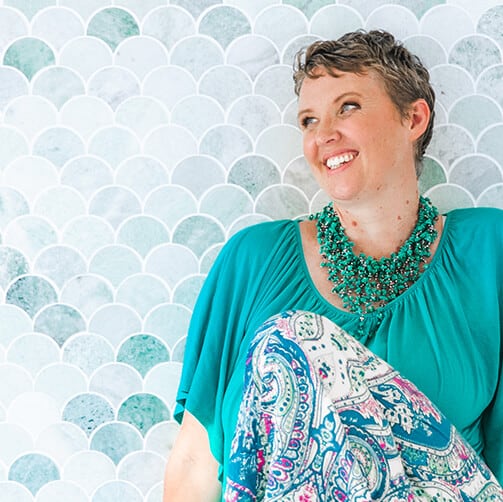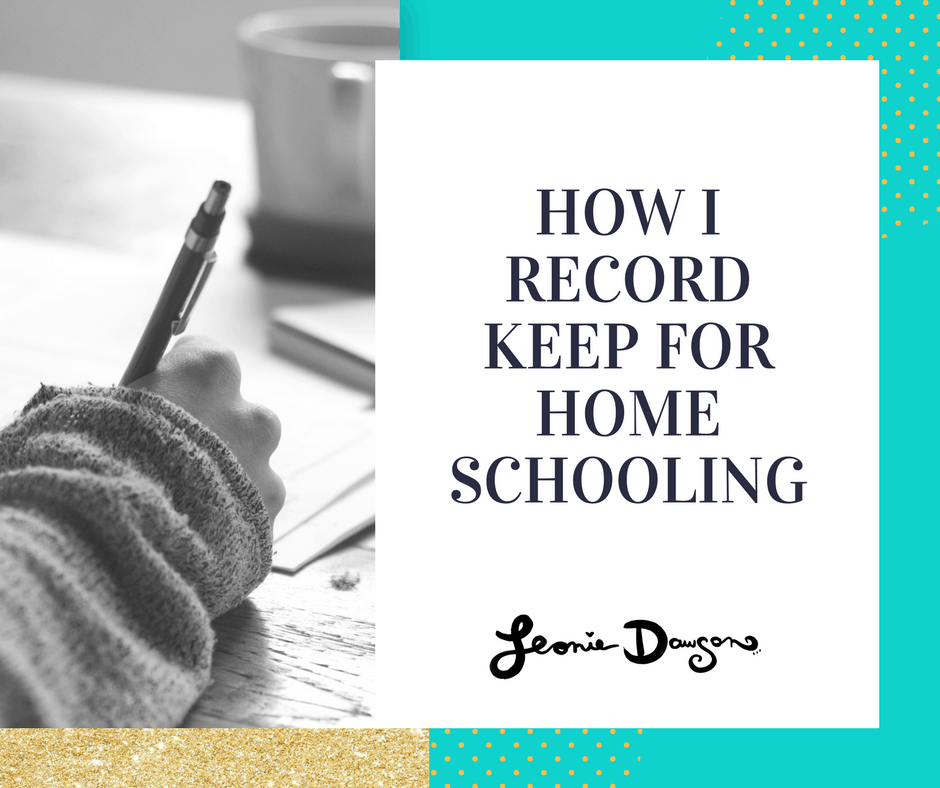
Blossoms,
I’ve had a few questions about how I do record keeping for homeschooling. Even though I’ve got one back at a school now after two years learning at home, I’ve still got one homeschooling. And if there’s one thing I freaking lurve about homeschooling, apart from being able to spend so much glorious time with my kids… it’s being an organisational fruitcake. I actually really enjoy the record keeping process!
I know it can feel like a chore sometimes to do homeschool records. I thought I’d share with you what I do… I find it quite enjoyable and I love that they double as amazing memory keeping of our lives. I’ll look back at these few years of homeschool records with SO much pride, joy and gratitude!
Check with what your state needs!
One thing I wanted to mention before I dive into my methods as well… your homeschool reporting requirements will change from state to state, country to country.
I know some people can feel pissed about having to do reporting, but I feel grateful that I live in a place where homeschooling is legal and has a fair amount of personal freedom. I know some countries in Europe homeschooling is illegal. And I’m also grateful that governments do check to make sure that every child gets access to education, whether that’s at home or school.
Again: Check with your state/country about the rules + reporting!
At the start of each year + term…
I also write a Google Doc of learning goals + ideas for that year.
I look at the Australian Curriculum website, but honestly, it’s fucking gobbledegook to read if you’re not a teacher.
Instead, I find it way more useful to buy these Student Goals PDFs from Teachers Pay Teachers. They are from an Australian teacher, and breaks down the Australian Curriculum into easy to understand goals and skills to develop.
Then I look at what resources I could use for all those areas, but I tend to add things in and take things out all the time, as I find them, love them, use them or find they aren’t working anymore.
I also ask my kids what THEY want to learn about, and we talk about how they might want to learn about it. (Like: books, documentaries, excursions, internet research, art projects, science experiments etc.)
You can read my free ebook hereabout doing a more project based homeschooling model. I do less time homeschooling than I did when I wrote that ebook, as I relaxed into seeing how much they were learning. I did however add in a more structured literacy program instead of a whole word approach, as that worked better for one of my kids. That’s the thing with homeschooling – methods, timing and resources change all the time. It’s the beauty of it! Complete customisation!
Here’s how I keep track of all the things we learn:
I keep daily lists in my planner (I use a Happy Planner – the biggest size) of what we did that day for homeschooling. I tend to write in the tasks as they happen, or shortly after as I have a fairly shit memory. I also take photos of activities as we do them and print the photos at the end of the week to add into the planner. The photos help remember anything I’ve forgotten.
The planner ends up becoming a really beautiful memory-keeping scrapbook of our days, weeks and months.
It’s probably overkill in terms of my actual homeschooling reporting requirements, but it works for me, and helps my brain feel across everything.
Plus, my kids enjoy seeing their learning adventures celebrated like this.
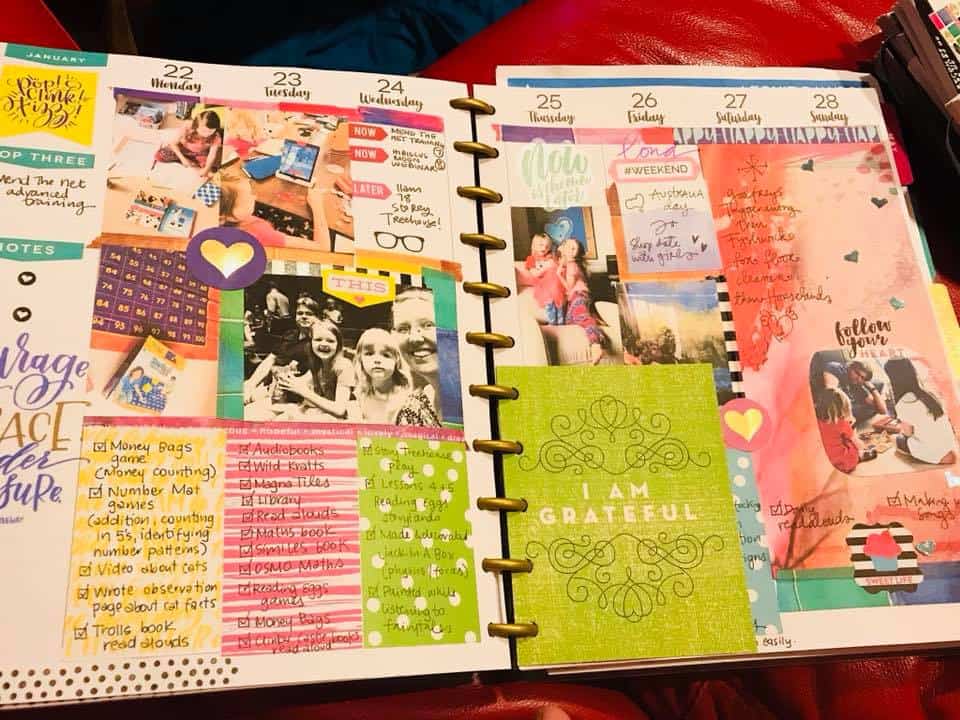
Weekly Reflection
I do a quick weekly reflection on a card insert (it’s green in the above picture). I write on the back what worked that week, what didn’t, and what I want to change going ahead.
Homeschool legislation often requires that you do have regular teacher reflections, so something as simple as this can help.
Guided Resource
If you’re looking for a guided resource to help you document your kids’ learning activities and your own reflections, Beverley Paine’s diaries are excellent. All of her stuff is!
I’ve met Bev years ago, and she is a glorious soul. She’s really one of the grandmothers of home education in Australia, and I so appreciate her and her work!
Reading Log
I also create lists of books we are reading through.
For a while there, I used a printed Reading Log that I created:
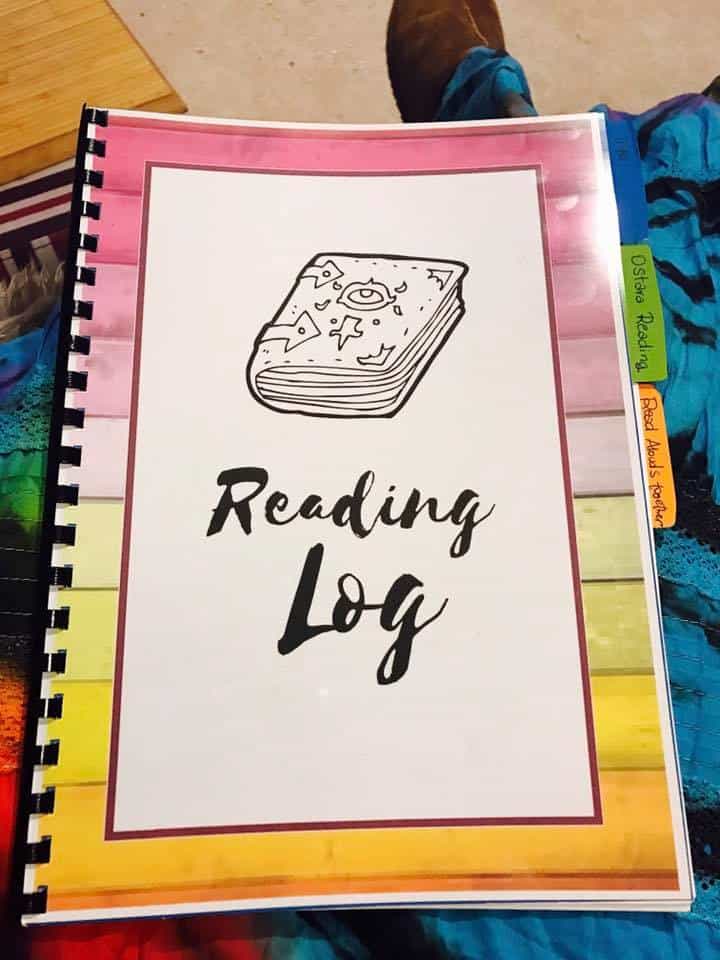
Now I tend to use Goodreads instead.
I was super strict about adding everything to Goodreads last year – you can see the best books I read out of the 500 we read that year.
This year I don’t want to spend as much time documenting how much we read, as I know that we definitely read enough! I just keep note of the very best ones, and the ones that correlated well with learning a specific curriculum item.
Learning Artefacts
I gather all our “learning evidence” in foolscap folders that I file things in daily.
Examples of learning artefacts:
- worksheets/workbooks
- artworks
- science projects
- letters
- projects.
Here’s an example of a learning artefact:
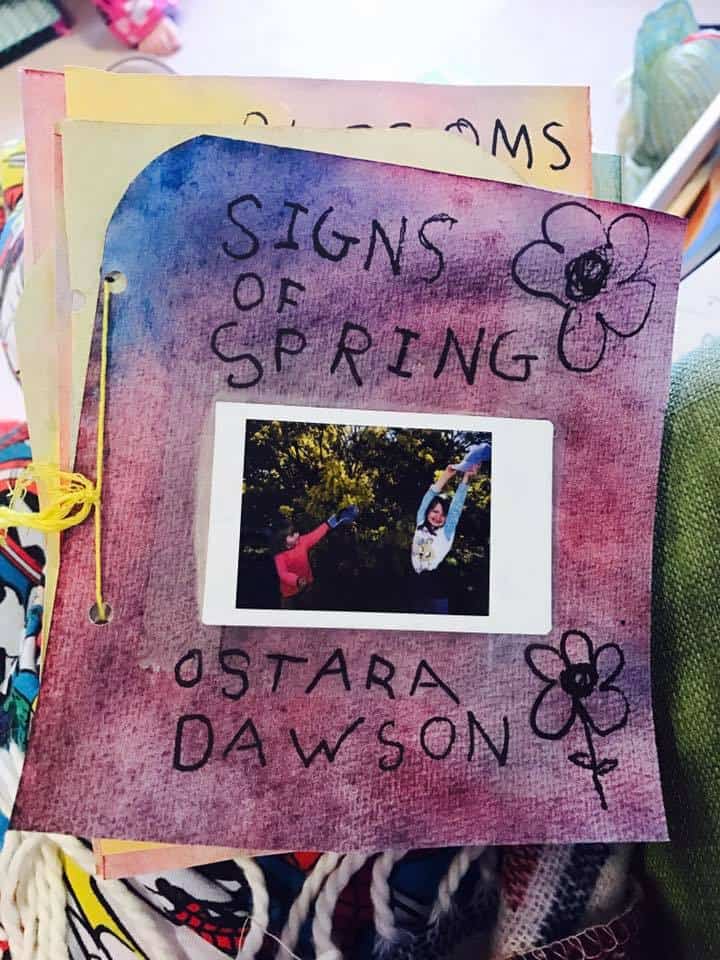
It was just starting to move into Spring. There is a curriculum area just on knowing the seasons of the year. I thought it would be beautiful to go on a walk to spot the incoming signs of Spring. We took an Instax camera with us to document.
Once we came back, we made a little book, and my kid wrote in it and illustrated it. And the whole thing covered so many subject areas: science, P.E., art, photography, writing + spelling. I love when projects can do that!
Then I pop all the artefacts in the foolscap folder once my kids are finished with enjoying them.
Then, at the end of term, I put the folders into a file box labelled with the term + year.
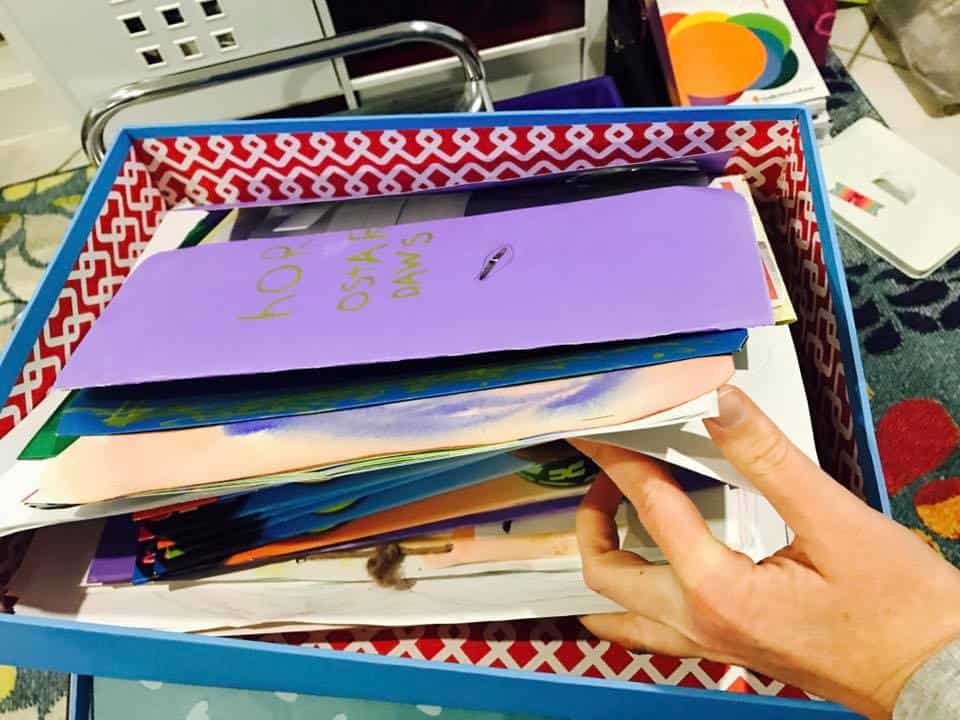
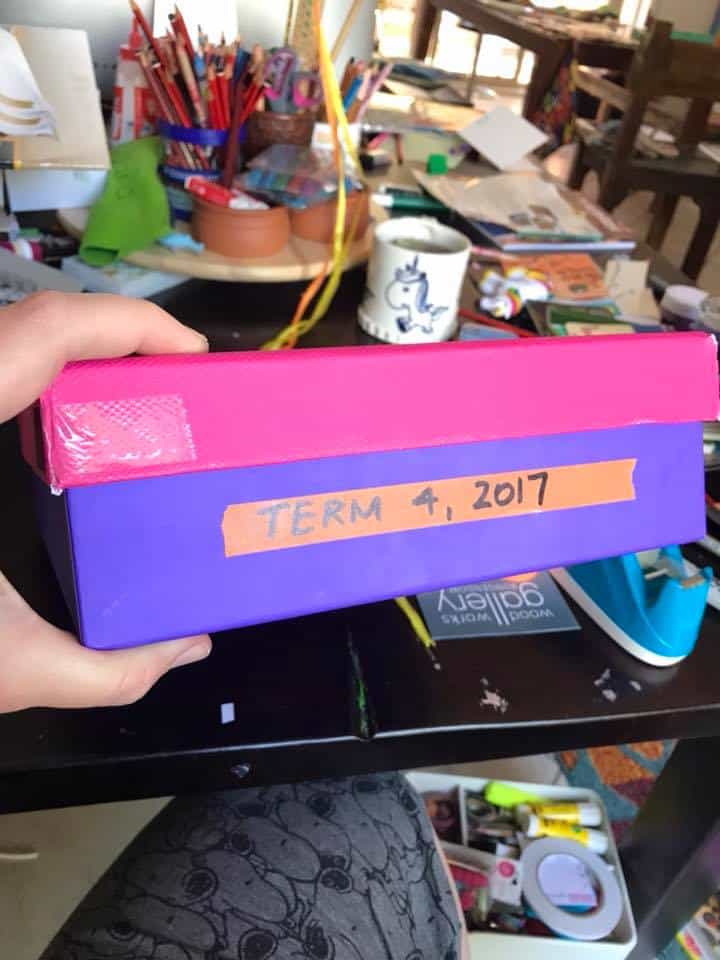
I also like to put together a list of what activities we did that term as a brief synopsis. Sometimes I did on a piece of paper, sometimes I did in Google Doc.
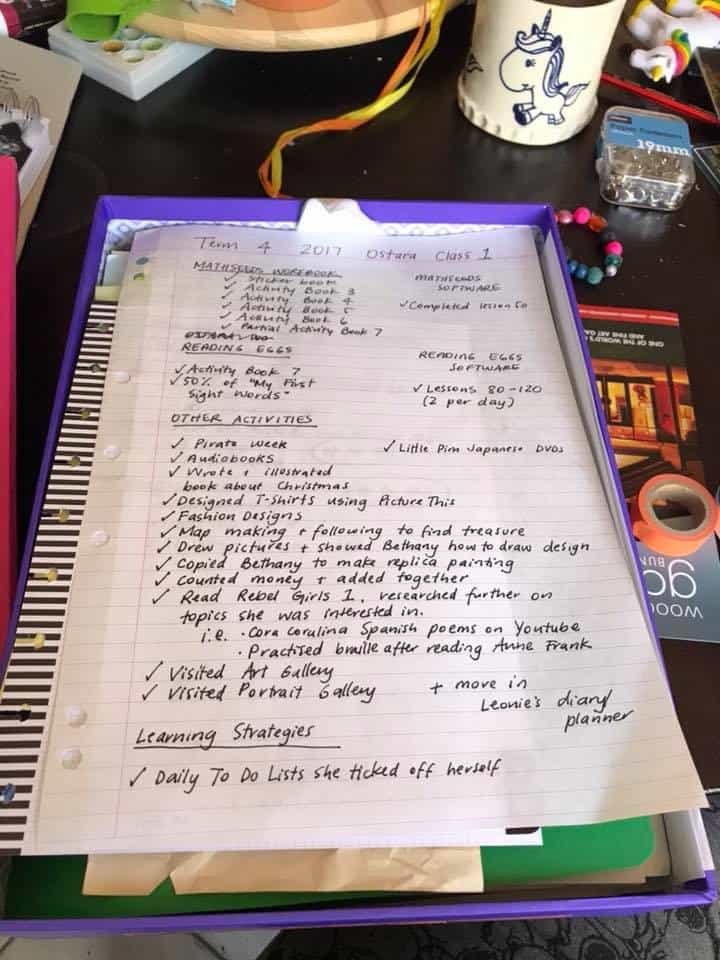
It’s really nice to look back over everything you do in a term – it always made me feel excited to see how much we’d covered and learned!
Then I put the file box in the cupboard with the rest of the year’s boxes.
That way, once it comes to doing a yearly report (which is compulsory in our state), it’s pretty simple for me to fill it out. I don’t have to remember anything – it’s all documented for me.
If you struggle with report writing, Beverley Paine’s books and brochures are fab.
I hope this has been helpful in some way!
You’ll find a recordkeeping rhythm that works for you and your family (and what your state requires). What works for me doesn’t mean it’s the one right way. There’s never just one right way… just the one that’s right for you right now!
All these memories are such a happy place for me. Even if we didn’t need them for records, I’d still want to keep them anyway.
I feel so lucky!
Big love and learning,
